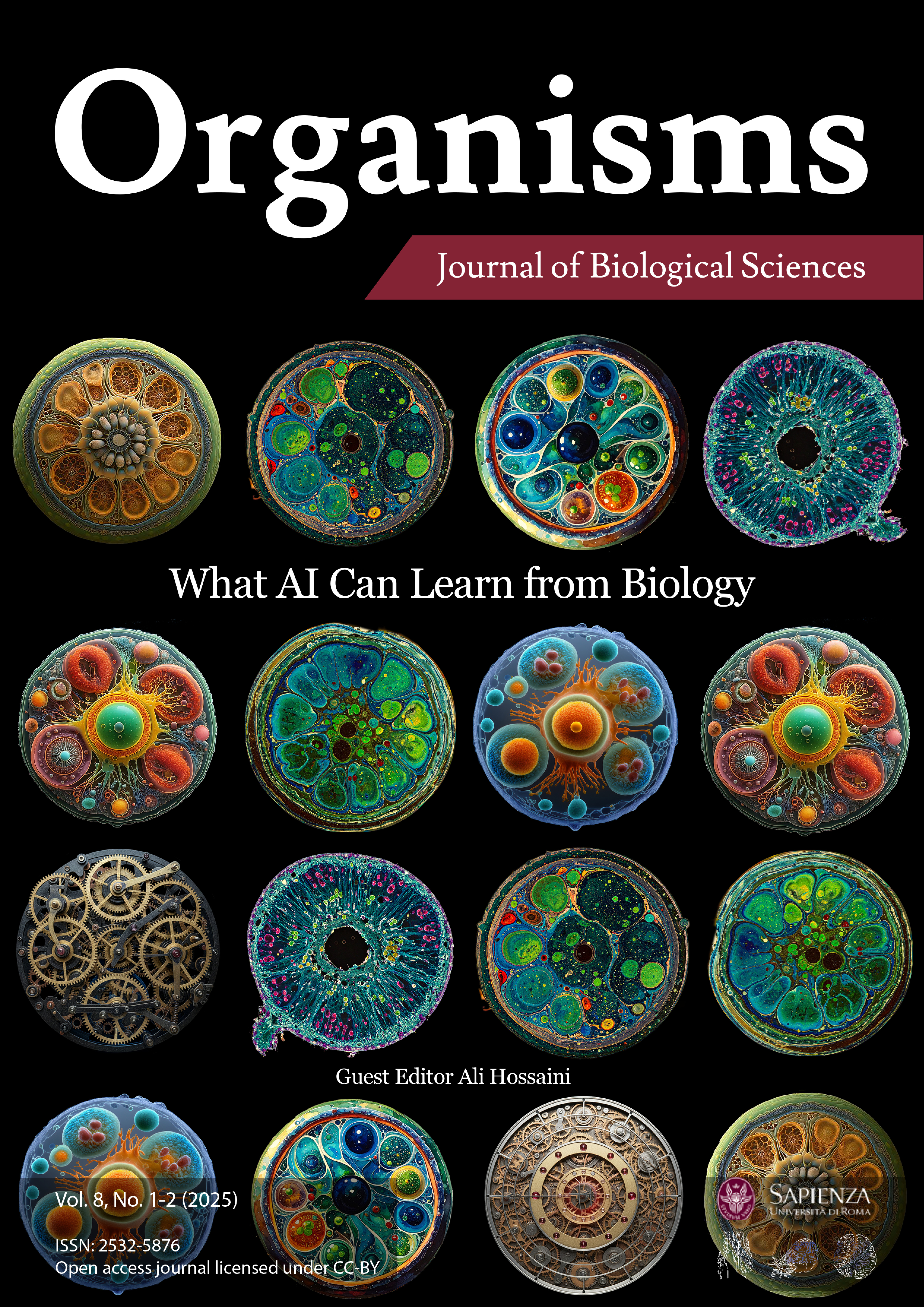New Call
The impact of publications in the sciences at large and in biology in particular is subject to a number of variables that depend on whether they are noticed, evaluated and/or interpreted correctly, or just ignored. Perhaps Gregor Mendel’s paper in 1865 is the most dramatic example of such an outcome. It was only 35 years later that its significance was “rediscovered”.
Additional examples of such an unfortunate outcome have been part of the history of biology.
They include the publication of important papers that were either published in “obscure” journals, way “ahead of their time” to be recognized as scientific gems, etc. ORGANISMS assumes that among its readers there are some who consider that certain papers published in the past (and their respective authors) deserve to be given the credit that they did not received soon or later after their publication of significant but ignored experimental contributions.
The Editors of ORGANISMS welcome the opportunity to either re-publish those papers or refer the readership to sources that may make available those ignored gems. Historians and sociologists of the biological sciences as well as current experimentalists will benefit from this service aimed at restoring credit where credit is due. We encourage readers to send us those references and a brief comment about the significance of those papers that for whatever reasons may have been unfairly ignored or forgotten. Thanks!





